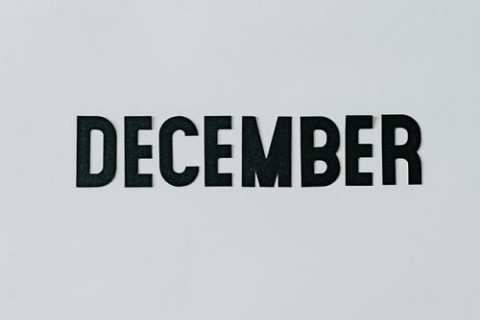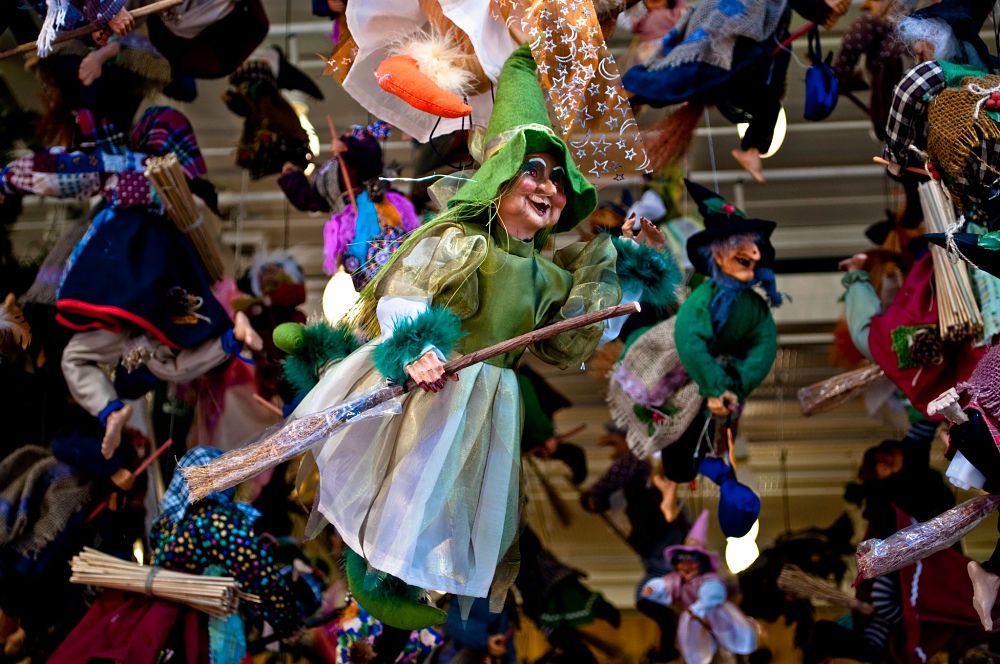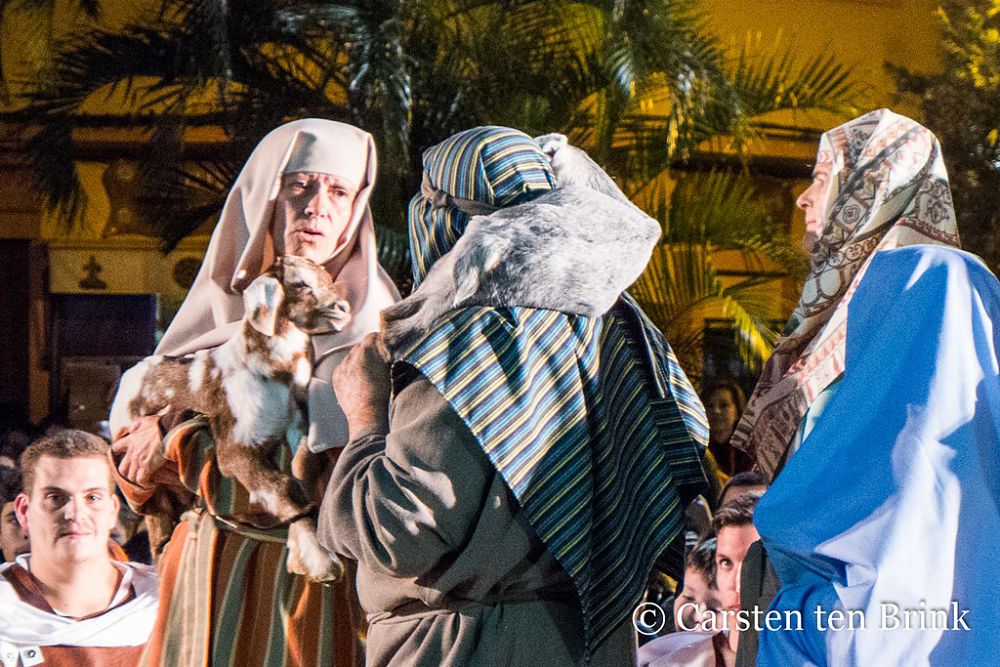Cyber Monday and Other Cultural Celebrations in December
Cyber Monday isn't the only part of December celebrations.
There are some fantastic celebrations taking place in other cultures and countries which are not widely known, but still deserve online retailers' attention.
Let’s start at the beginning of December.
In the Netherlands and Belgium, this is the time when Sinterklaas, St. Nicholas, has his holiday.
This bearded man, who more or less resembles Santa Claus, arrives by boat from Spain in mid-November.
Up until the actual holiday, he and his helpers enter Dutch houses at night to put little presents in children’s shoes. To ensure St. Nicholas knows they are there, the children sing songs to him before they go to bed.
His birthday is celebrated at the 5th of December in the Netherlands and on the 6th in Belgium, on which children receive bigger presents. Naughty children, beware, because if you haven’t been nice, St. Nicholas will take you back to Spain!
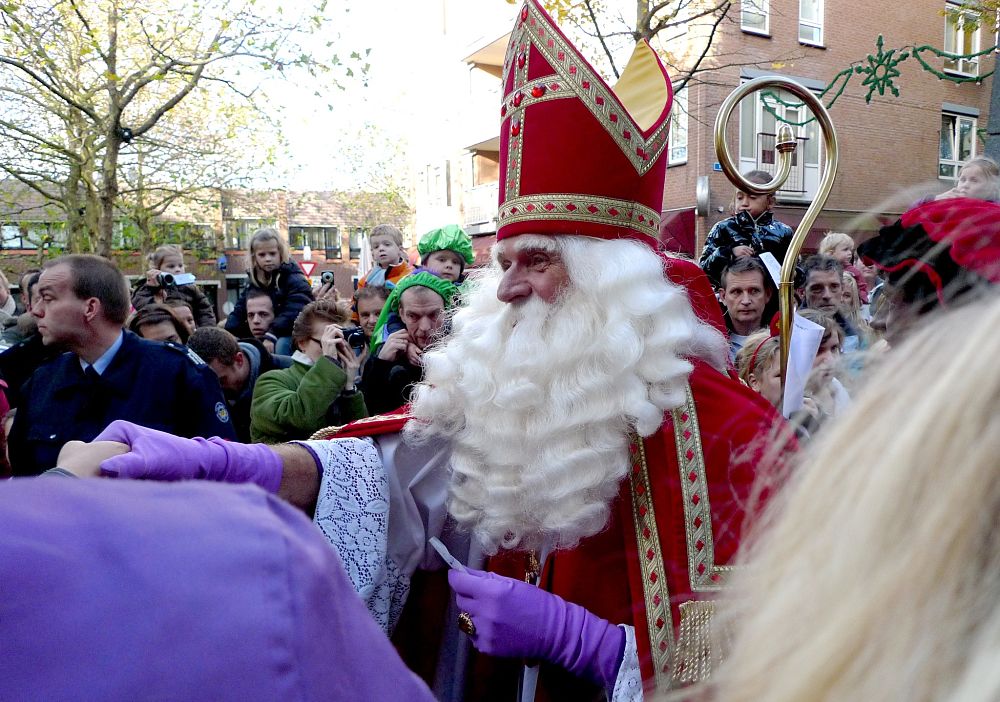
Photo of sinterklaas in De Stadshart, The Netherlands by zoetnet on Flickr (CC BY 2.0)
In Judaism, there also is a holiday in December: Hannukah, or the Festival of Lights. This holiday spans eight days and as it follows the Jewish calendar, it can take place anywhere from late November until late December.
The holiday commemorates the rededication of the Holy Temple in Jerusalem. During every day of the holiday, one more candle is lighted in a special Hannukah candelabrum called the menorah until they are all alight.
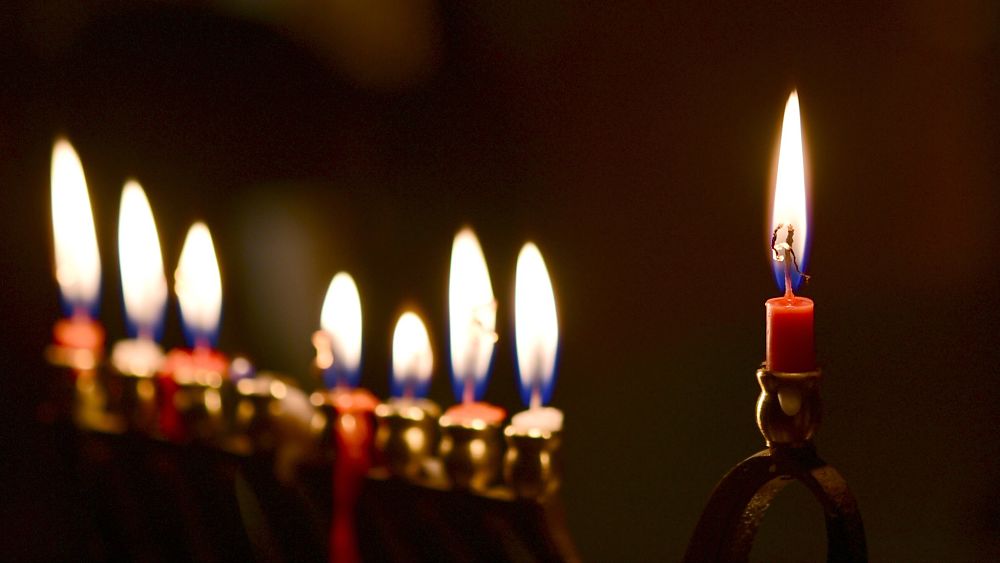
Photo by slgckgc on Flickr (CC BY 2.0)
This is done to remind passersby of the miracle that preceded the holiday. During the lighting ceremonies, prayers are made and song are sung as well. The food that is associated with Hannukah is often fried in oil to remind the people of the flask of oil that lighted the Temple for eight days.
In Italy, Christmas celebrations focus on the birth of Jesus instead of Santa Claus.
This is why most children receive their gifts a little after the holiday season; on the 6th of January, the good witch La Befana visits their houses and leaves presents there. The legends that are told about La Befana can vary, but she is always connected to the baby Jesus.
Photo by Simone Zuchelli on Flickr (CC BY-NC-NC 2.0)
In Spain, children also receive gifts on the 6th of January; however, these aren’t distributed by La Befana, but by the three wise kings. These three wise men arrived at Jesus’ manger on this very day and came bearing gifts.
It thus makes sense to let the kids share in the fun! There are even parades in which the three kings arrive in cities on their camels.
Photo of 3 wise men play in Spain by Carsten ten Brink on Flickr (CC BY-NC-ND 2.0)
If the city is located on the coast, the wise men will even come by boat. Next to the presents, tradition also requires a rosca de reyes, a cake which holds two surprises; a small figurine of Jesus or another religious figure, and a faba bean.
Whoever finds the figurine is crowned king or queen of the day, while the person who finds the bean has to pay for the rosca the next year.
Even though the practice of gift-giving on the 6th of January is still widespread, some parents now choose to give their children their presents at Christmas so they can play with them during the holiday season.
Any December holidays from your country we have missed?
Main photo by Kelly Sikkema on Unsplash
Related Posts
By accepting you will be accessing a service provided by a third-party external to https://www.commisceo-global.com/

 +44 0330 027 0207 or +1 (818) 532-6908
+44 0330 027 0207 or +1 (818) 532-6908
